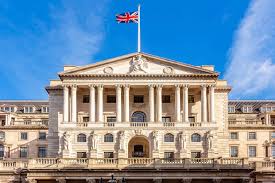The United Kingdom’s inflation rate has remained stable, offering some relief to households and businesses ahead of the Bank of England’s upcoming interest rate announcement. The latest figures suggest that while prices are no longer rising at the rapid pace seen last year, the cost of living remains a pressing concern.
Economists note that inflation holding steady signals a pause in recent volatility. However, they caution that energy bills, food prices, and housing costs are still exerting pressure on household budgets. Therefore, many analysts believe that the Bank of England’s decision on interest rates will be carefully balanced.
Moreover, financial markets are closely watching the central bank’s next move. A decision to maintain rates could support economic stability, while an increase may be considered necessary to curb persistent inflationary pressures. On the other hand, a rate cut seems unlikely in the short term given ongoing global economic uncertainties.
In addition, businesses have expressed cautious optimism. While stable inflation allows for better financial planning, many sectors continue to struggle with high operating costs. Retailers, in particular, are warning that consumer spending may remain subdued unless wages keep pace with prices.
Meanwhile, government officials have stressed that tackling inflation remains a top priority. They argue that long-term price stability is essential to supporting growth, investment, and improved living standards for citizens across the UK.
The Bank of England’s upcoming decision will serve as a critical indicator of the country’s economic direction, influencing everything from mortgage repayments to business loans. As inflation steadies, all eyes are now on policymakers to strike the right balance between growth and stability.





















